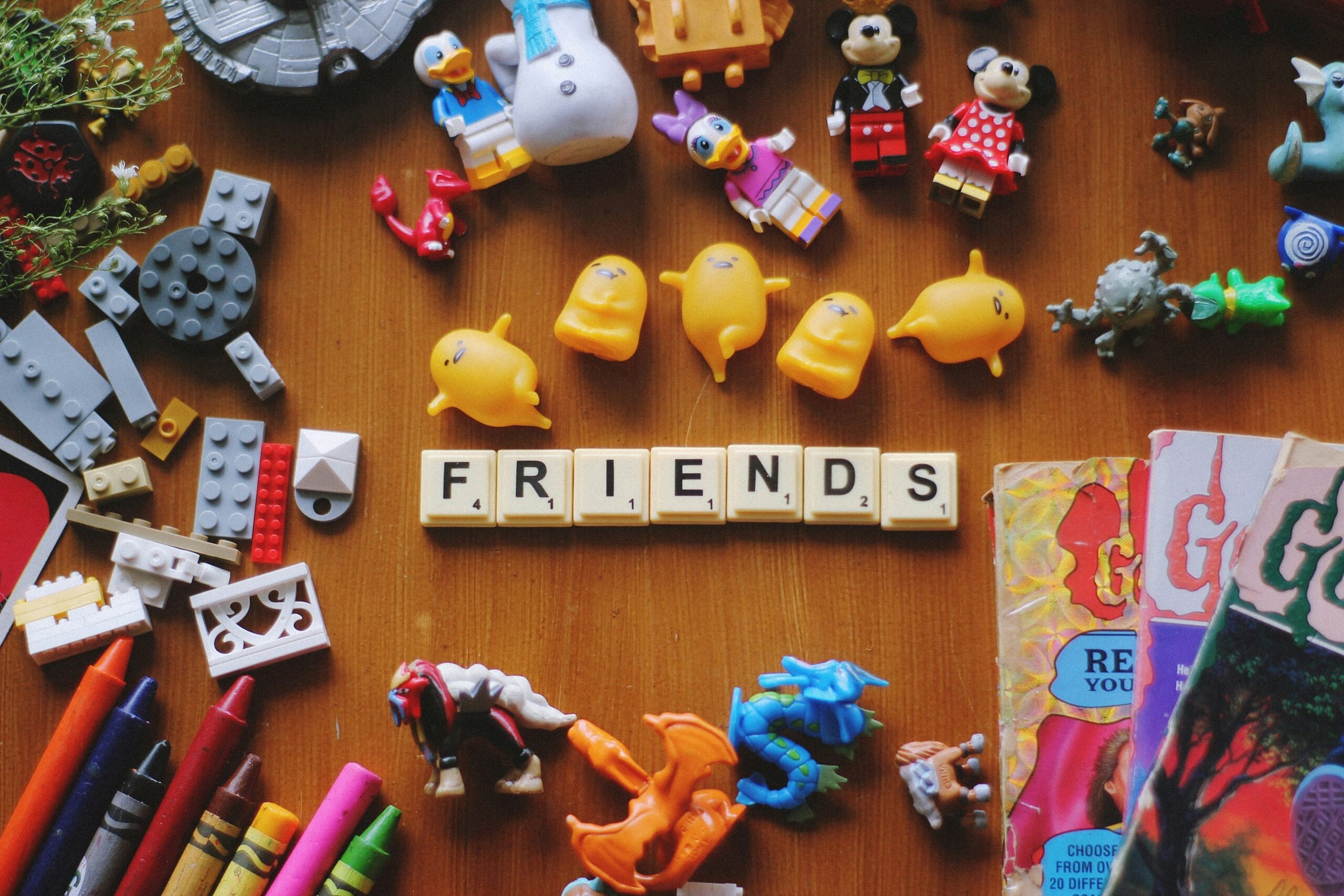The Popularity of Wordle and Its Impact
Wordle, a word puzzle game created by software engineer Josh Wardle, has swiftly ascended to become a viral sensation since its launch in October 2021. Initially designed as a simple yet engaging game for his partner, it gained unprecedented popularity, drawing in millions of players from around the globe. The mechanics are straightforward: players have six chances to guess a five-letter word, receiving feedback on the accuracy of their guesses through color-coded indications. This uncomplicated yet challenging format has captivated users, making Wordle a daily ritual for many.
The game has not only transformed into a personal challenge but has also fostered a sense of community among its players. Social media platforms have played a crucial role in amplifying its reach, with countless users sharing their daily scores and strategies, often employing the iconic green, yellow, and gray emoji format as a means of communication. This interactive sharing has turned Wordle into a communal experience, enabling players to engage with friends and family, sparking discussions around word choices and strategies. Such interactions often serve to strengthen social bonds and enhance cognitive skills, as players regularly exercise their vocabulary and problem-solving abilities.
However, while Wordle has its advantages as a cognitive exercise and a tool for social connection, it may also lead to excessive consumption. The daily challenge can evolve into an obsession for some, diverting attention from other responsibilities or interests. The fine line between enjoying the game and becoming overly reliant on it can be easily blurred. A balanced approach is essential to appreciate the positive effects of Wordle without allowing it to dominate one’s daily routine. Understanding this impact can provide players with better insight into their gaming habits and encourage a healthier engagement with the game.
The Drawbacks of Playing Wordle Consistently
Playing Wordle can be an enjoyable pastime for many, yet engaging in daily challenges consistently may lead to several drawbacks. One of the prominent issues players face is the pressure to perform optimally each day. As individuals strive to achieve the best possible scores, they can experience heightened levels of frustration and anxiety, particularly if they struggle with word puzzles. This stress can detract from the original intent of the game, which is meant to be a lighthearted mental exercise.
The inherent nature of Wordle, with its fixed daily puzzle, often amplifies this pressure. Players may feel compelled to solve the puzzle quickly, sharing their results online and comparing their performance with others. Such social dynamics can lead to feelings of inadequacy for those who may not excel in word games. Reporting these emotional experiences, many players recount nights spent ruminating over a particularly challenging puzzle, only to wake up more anxious about the next day’s challenge.
Additionally, the addictive qualities of Wordle cannot be overlooked. Many players find themselves dedicating an inordinate amount of time to this seemingly simple game. This engagement can take away from more productive pursuits, such as work, studies, or quality family time. Over time, an obsession with achieving high scores in Wordle can affect attention spans and overall productivity, as players may neglect necessary tasks to focus on completing the daily challenge.
In essence, while Wordle presents an entertaining challenge and a means of social connection, the drawbacks associated with playing consistently should not be underestimated. Players must be mindful of the pressure to perform, the potential for addiction, and the resulting impact on their daily lives. Balancing enjoyment with awareness of these factors is crucial for those who choose to engage with this popular game.
Exploring Alternative Word Games
As the popularity of Wordle continues to captivate word enthusiasts, it can be beneficial to explore alternative word games that provide similar enjoyment while mitigating some of the inherent risks associated with daily play. Classic games like Scrabble and Boggle, alongside modern digital adaptations, present a broad range of engaging options catering to various preferences.
Scrabble, a well-established favorite among word lovers, challenges players to create words from individual letter tiles on a game board. The objective is to accumulate points based on the letters used and the placement of the words. This game not only enhances vocabulary but also fosters strategic thinking as players aim to utilize high-scoring letters and premium squares. Because Scrabble accommodates multiple players, it can create a vibrant social atmosphere, making it ideal for gatherings.
Boggle, on the other hand, shifts the focus from a board-based approach to a fast-paced, grid-style format where players must form words from adjacent letters within a time limit. The excitement of Boggle lies in its competitive nature, as players race against the clock while striving to find the most words possible. This game enhances quick thinking and pattern recognition, skills that can benefit one’s overall cognitive agility.
Modern digital adaptations, such as Wordscapes and Words with Friends, offer a fresh twist on the genre. Wordscapes combines crossword-style puzzles with a scenic backdrop, allowing players to experience relaxation while enjoying word formation challenges. Words with Friends, akin to Scrabble, integrates social connectivity by enabling users to compete with friends or randomly matched opponents online, fostering a sense of community.
In conclusion, embracing a variety of word games not only mitigates the potential monotony of daily Wordle challenges but also enhances social interaction and cognitive skills. Each game presents unique advantages, making it possible for players to find options that align with their individual preferences and group dynamics.
Finding Balance: Enjoying Word Games Responsibly
Engaging with word games can be a delightful way to challenge the mind and enhance vocabulary, but it is essential to maintain a balanced approach to ensure these activities remain enjoyable without leading to excessive gameplay. To promote responsible gaming habits, individuals should consider establishing clear boundaries around their playtime. Designating specific periods for engaging in games like Wordle can help players enjoy the experience without succumbing to compulsive tendencies.
Incorporating word games into a broader lifestyle can facilitate a more mindful approach to entertainment. This may include scheduling play sessions between other productive activities and hobbies. For instance, individuals could set aside time in the evening for word games after completing household responsibilities, ensuring that gaming complements rather than replaces essential tasks. By creating a routine that includes varied interests, players can enjoy their favorite word games while fostering a sense of accomplishment in other areas of life.
Moreover, promoting social interactions outside of the digital world can further enhance the enjoyment derived from word games. Engaging friends or family in friendly competitions or playing together in person can transform solitary activities into social experiences. These interactions not only serve to strengthen relationships but also provide an essential balance against excessive solo gameplay. Thus, word games can be integrated into social gatherings or game nights, making them a collective pastime that promotes connection.
Ultimately, cultivating a mindful approach to gaming, through structured time limits and diversification of interests, ensures that players can enjoy word games responsibly. By implementing these strategies, individuals can reap the benefits of cognitive challenge and entertainment while avoiding the pitfalls of compulsive engagement. This balanced perspective encourages an enriching relationship with word games, preserving their enjoyment over the long term.

